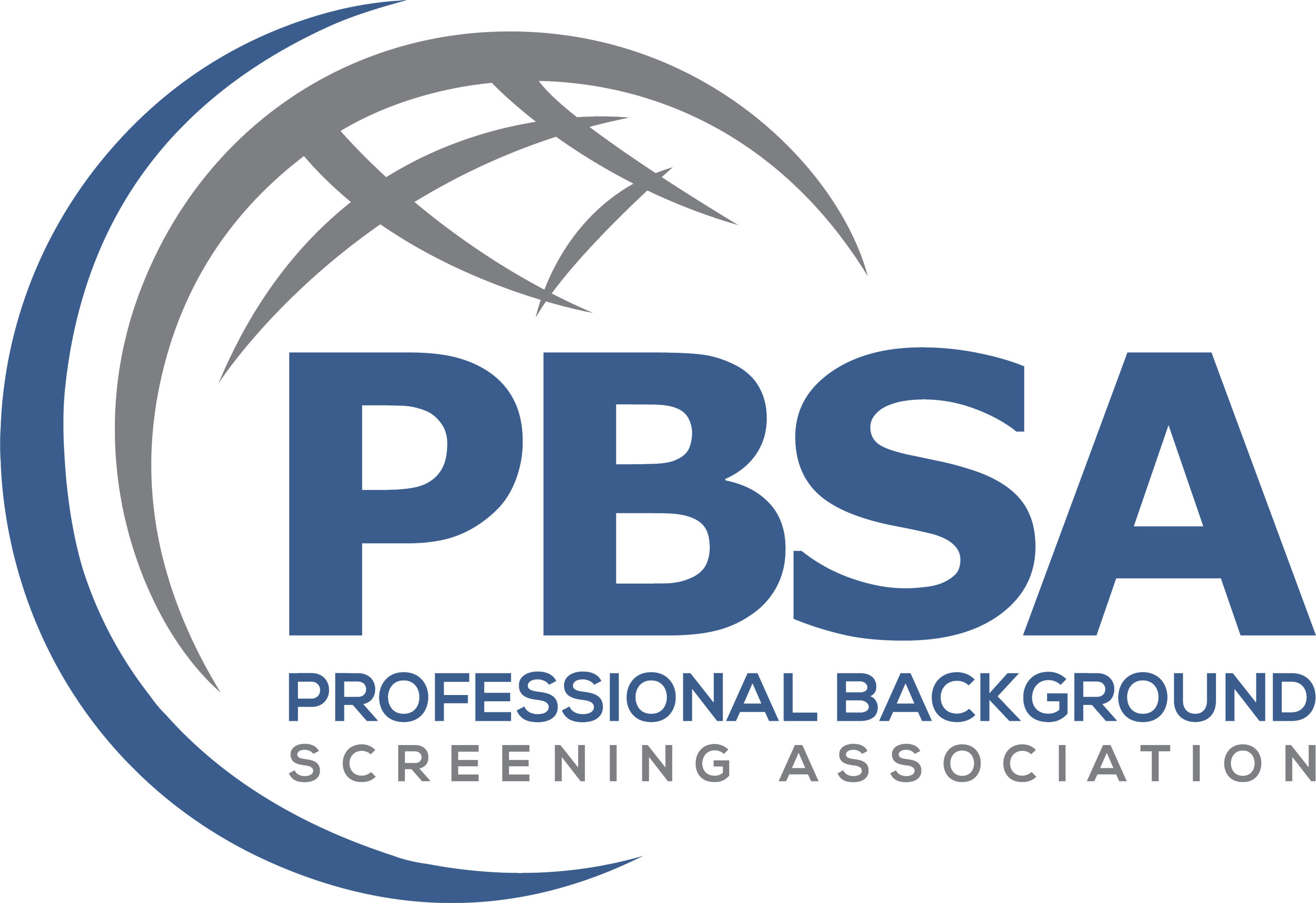Let’s Talk About Social Media Screening
More than 70% of companies are now using social media sites to recruit candidates, but for some reason less than 20% are using those same sites as a screening tool. It’s a controversial topic, but given the fact that social media is becoming so pervasive in the professional world, it makes sense to ride that wave and use the information in your favor. Let’s talk about some of the concerns professionals have of researching candidates with these platforms, and how to build a compliant screening process using these tools.
So what are the primary concerns in using social networking sites to research candidates?
Some say it is unethical and/or illegal, drawing comparisons of following an applicant to their residence and eavesdropping on them.
Some cite lack of consistency, as there are still applicants who may not use social media at all. This could open the door to potential perceived discrimination, as if one person who was denied a position based on social media in favor of one who did not have any accounts may feel as though extra measures were taken in an unfair way. To take it one step further, some could claim “class” discrimination if they did not have access to the means to even create social media accounts in the first place!
In keeping with the theme of discrimination, many social media sites reveal age, religion, nationality, gender, disabilities, and many other criteria that could be perceived as a reason for not hiring.
Then there’s the subject of context: just because someone has a picture with a beer does not mean they will have a drinking problem that carries into the workplace.
As if those examples weren’t enough, what about falsified accounts? Hacked accounts? Duplicate accounts? Would comments from a rowdy friend cause a hiring manager to believe the applicant is that way as well?
The list could go on and on, but one thing is very clear: a small misstep could land an organization in a world of lawsuits, hurt reputation, and lower overall morale.
There is a positive side as well! Further research into a candidate’s personal life or even past posts on LinkedIn could reveal a set of skills/talents that aren’t outlined on their resume or application. You could have an HR professional who is also gifted writer to boost your web traffic through blog posts! You could have someone who applied for an administrative position with an eye for marketing, design, skills in persuasion, etc.
The best way to use social media for pre-hire screening is as a wraparound tool in tandem with other pre-hire processes.
Ok. So knowing the “Pros and Cons” is all well and good, but how do you actualy mitigate risk when using social media to screen new candidates? After all, there is a wide margin for error! Here is what we recommend:
1) Adopt a set-in-stone and consistent process. Deviating from one applicant to the next is a great way to open the door to discrimination. Make sure that every applicant is being checked for the same types of social media profiles. If they don’t have any acounts, that’s fine. At least check! The last thing you want is to have a candidate find out they weren’t selected based on their Facebook, but they were the only one whose Facebook was even checked!
2) Make sure all existing employees know the policy and agree to maintain confidentiality.
3) Get written permission from new candidates. Treat this level of screening as you would with a pre-employment background screening with an applicant authorization form. Keep in mind that you will need to adhere to the applicant’s privacy setting. NO HACKING!
4) Print everything. If you find a post or a picture that would cause you not to hire someone, print it and store it. This is for your protection, as the applicant could very well delete the image/post in question.
5) Don’t lead with Social Media. Interview the person first. In fact, sometimes the best bet is to treat social media as you would a background screening if you are in a “Ban the Box” area.
6) Only consider the applicant’s content. The last thing you want to do is make your decision based on one of their friends or what others have said about them. The character in question is the person applying.
7) Know your local laws. As mentioned before, you could be in a “Ban the Box” area. You could also be in a location that prohibits asking for passwords (which you should never do anyway.) Some state laws prohibit any kind of adverse action based on legal off-duty conduct.
8) Just go for the outsourced option. A background screening company like InfoQuest will protect you from compliance issues and ensure consistency. It can save you money, time, and a lot of headache.
Info Quest, Incorporated
Surfside Business Center812 South Poplar Drive, Suite 8
Surfside Beach, SC 29575
843-233-9675


infoquesthr.com ©1993-2023 InfoQuest, Incorporated | Privacy Policy | Human Trafficking Reporting Policy
